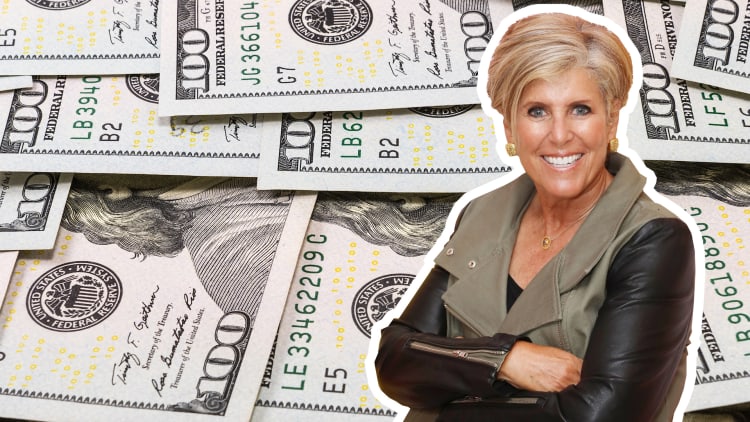Many millennials may be hesitant to invest in the stock market out of fear of another collapse, but there's also a strong contingent who simply don't know that they're eligible to start.
A recent survey from financial services app Twine found that 46 percent of millennials believe they need at least $1,000 to start investing. Another 17 percent believe they need at least $10,000 before they're able to invest.
Overall, 56 percent assume they don't have enough money to become investors themselves.
It's simply not true. There are plenty of ways to get into the market with as little as $1, including contributing to an employer-sponsored 401(k) plan, opening a Roth IRA or using a robo-advisor such as Betterment, Wealthsimple or Ellevest, which offer $0 account minimums.
The earlier you're able to start investing, the better, even if you can't contribute a lot just yet. That's because compound interest allows any interest earned to then accrue interest on itself, so over time a small amount of money invested earlier will earn more than a large amount of money invested later.

Sallie Krawcheck, the co-founder and CEO of Ellevest and former Wall Street executive, says the idea that you should wait until you have "enough" to start investing is the worst financial advice she's ever heard.
She first heard it from her ex-husband. When Krawcheck's younger brother graduated from college, her then-husband, an investment banker, told him not to bother investing and saving for retirement because he wasn't making enough money for it to matter. He assured the young man he could always start later.
"He didn't recognize the power of compounding," Krawcheck said at a 2017 Ellevest event in New York City. "If you begin early and ride the ups and downs of the market, by retirement the amount you have swamps that $1 you put in to start."
Krawcheck shares an example of why it's important to start early on the Ellevest blog. She writes:
Say you invest $100 today and earn 10 percent on it in the coming year; that's $10, which means you then have $110. If you earn that same 10 percent return the next year, you earn it on the $110. So you earn $11, not $10. Do it again, and the same 10 percent return earns you $12. And so on and so on. And over time, it adds up to a lot.
If you can only contribute $50 or $100, or even $5 per month, that's OK! Start there. "Even if you're thinking, 'I don't have a lot of money right now,' you need to save for future you," Krawcheck says.
Here are few low-stress ways to get started:
- Sign up for your employer's 401(k) plan and take full advantage of any company match, which essentially gives you free money
- Contribute to an individual retirement account that offers tax benefits, like a Roth IRA, SEP IRA or traditional IRA
- Use a micro-investing app like Acorns, which helps you begin by investing small amounts of your "spare change" by rounding up your purchases to the nearest dollar and automatically putting your coins to work
- Consider automated investing services known as robo-advisors that can help you out no matter how much you have in the bank
- Research low-cost index funds, which Warren Buffett recommends
Don't miss: I just invested my first $7,000 at age 26—here's where I decided to put it
Like this story? Subscribe to CNBC Make It on YouTube!




